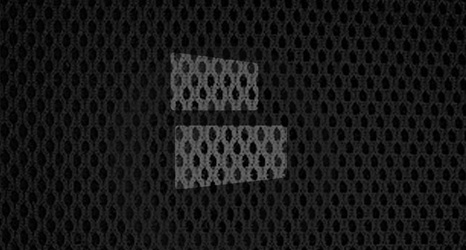Many Utahns are familiar with the neighborhood caucus meetings where neighbors gather every two years to elect delegates to represent them at county and state conventions. Those delegates were then responsible to nominate candidates to move forward to primary elections. But rules often allowed the candidates to avoid primaries altogether by procuring 60 percent of the delegate vote.
Apathy was triggered by a host of factors, including long meetings, platform squabbles, implicit bias and even a little misinformation. Caucus-proponents claimed the system allowed for more “vetting” of candidates and avoided “low-information voters.”
Last Tuesday night, Utahns showed what they think of the caucus system – by not showing up.
